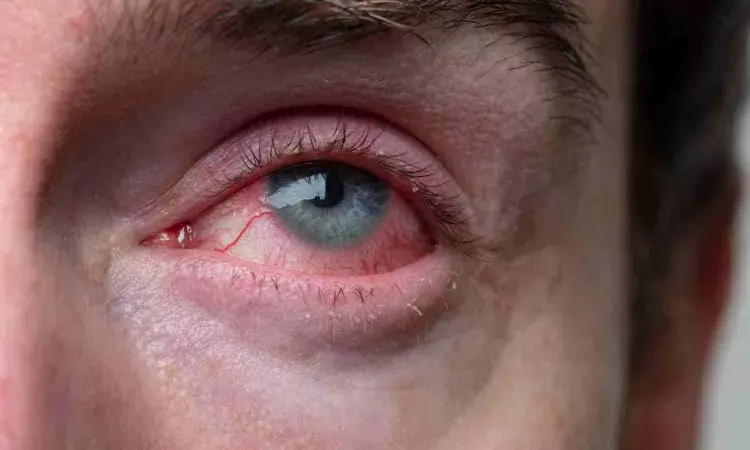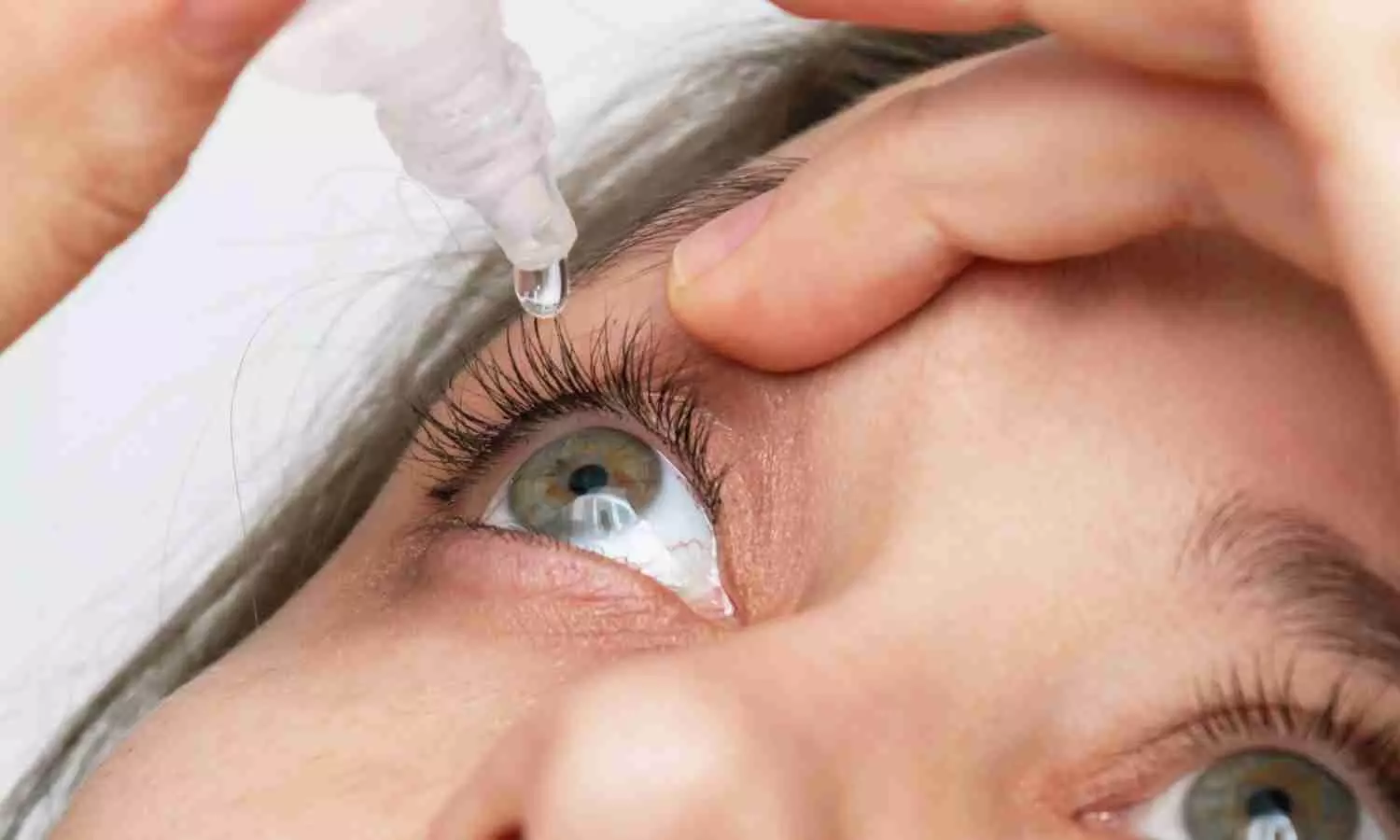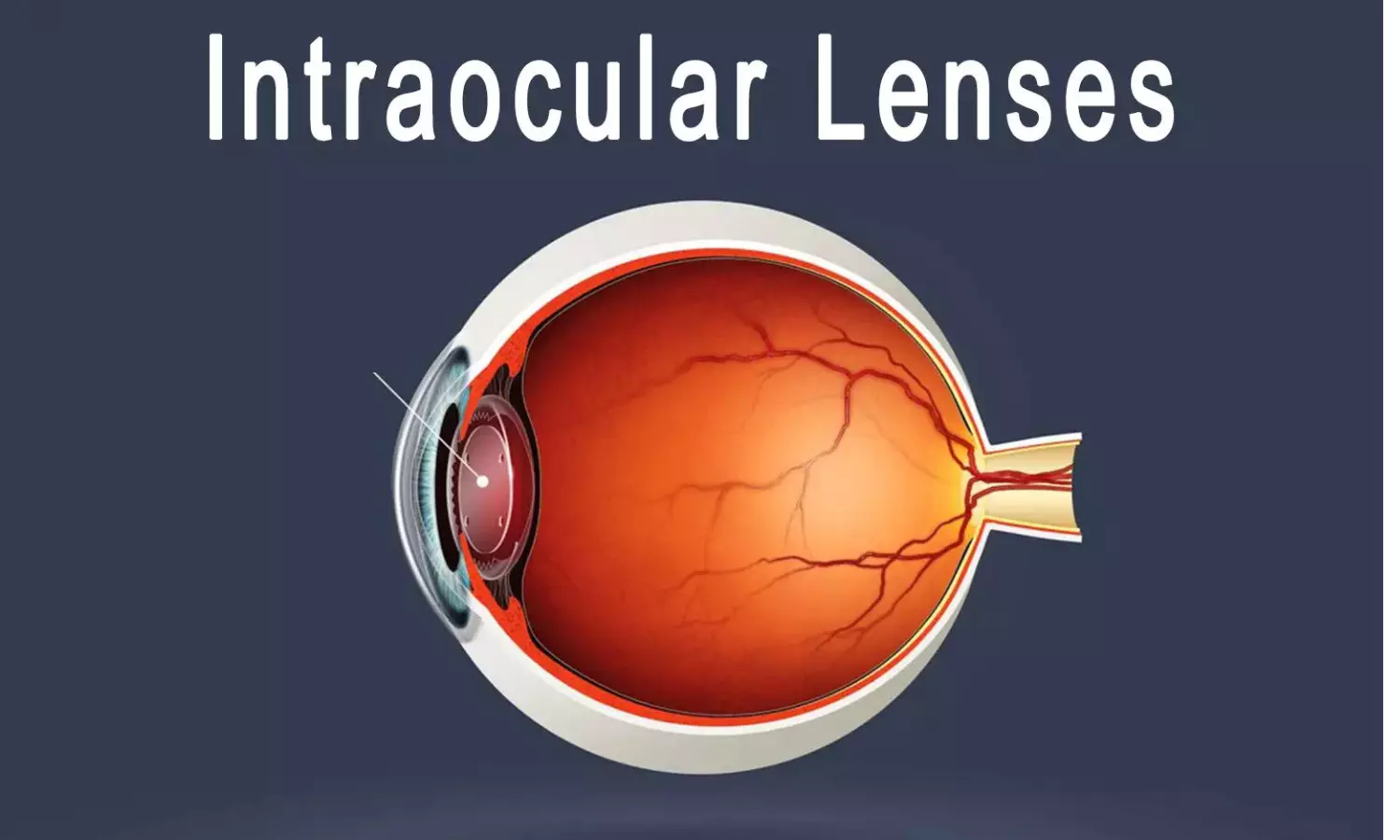- Home
- Medical news & Guidelines
- Anesthesiology
- Cardiology and CTVS
- Critical Care
- Dentistry
- Dermatology
- Diabetes and Endocrinology
- ENT
- Gastroenterology
- Medicine
- Nephrology
- Neurology
- Obstretics-Gynaecology
- Oncology
- Ophthalmology
- Orthopaedics
- Pediatrics-Neonatology
- Psychiatry
- Pulmonology
- Radiology
- Surgery
- Urology
- Laboratory Medicine
- Diet
- Nursing
- Paramedical
- Physiotherapy
- Health news
- Fact Check
- Bone Health Fact Check
- Brain Health Fact Check
- Cancer Related Fact Check
- Child Care Fact Check
- Dental and oral health fact check
- Diabetes and metabolic health fact check
- Diet and Nutrition Fact Check
- Eye and ENT Care Fact Check
- Fitness fact check
- Gut health fact check
- Heart health fact check
- Kidney health fact check
- Medical education fact check
- Men's health fact check
- Respiratory fact check
- Skin and hair care fact check
- Vaccine and Immunization fact check
- Women's health fact check
- AYUSH
- State News
- Andaman and Nicobar Islands
- Andhra Pradesh
- Arunachal Pradesh
- Assam
- Bihar
- Chandigarh
- Chattisgarh
- Dadra and Nagar Haveli
- Daman and Diu
- Delhi
- Goa
- Gujarat
- Haryana
- Himachal Pradesh
- Jammu & Kashmir
- Jharkhand
- Karnataka
- Kerala
- Ladakh
- Lakshadweep
- Madhya Pradesh
- Maharashtra
- Manipur
- Meghalaya
- Mizoram
- Nagaland
- Odisha
- Puducherry
- Punjab
- Rajasthan
- Sikkim
- Tamil Nadu
- Telangana
- Tripura
- Uttar Pradesh
- Uttrakhand
- West Bengal
- Medical Education
- Industry
Trans-epithelial phototherapeutic keratectomy safe and effective procedure for Recurrent Corneal Erosion Syndrome: Study

A recent groundbreaking study revealed that trans-epithelial phototherapeutic keratectomy (TE-PTK) is safe and efficient for the treatment of recurrent corneal erosion syndrome (RCES) and resistant RCES cases as per a study that was published in the journal Graefe's Archive for Clinical and Experimental Ophthalmology.
Recurrent corneal erosion syndrome (RCES) is a painful eye condition frequently caused by mechanical trauma and characterized by abnormal epithelial adhesion to the underlying basal lamina. This condition leads to recurrent epithelial breakdown and impairs vision causing severe pain. Conservative treatments include the use of topical lubricants, topical hypertonic saline, and/or bandage contact lenses while invasive approaches include mechanical debridement, alcohol delamination of the epithelium, and excimer laser phototherapeutic keratectomy (PTK). As there is ambiguity in the various treatment approaches for the management of RCES and the use of phototherapeutic keratectomy (PTK), researchers conducted a retrospective study to examine the long-term safety and efficacy of transepithelial PTK for the management of RCES that is resistant to conservative management.
Findings:
- This study included 593 eyes of 555 patients (46.2% male; 50.9 ± 14.2 years old) who underwent TE-PTK.
- The leading identified causes of RCES were trauma (45.7%) and anterior basement membrane dystrophy (44.2%).
- The most common pre-PTK interventions were ocular lubricants (90.9%), hypertonic solutions (77.9%), and bandage contact lenses (50.9%).
- Thirty-six eyes had undergone surgical interventions such as stromal puncture, epithelial debridement, or diamond burr polishing.
- Post-PTK, 78% of patients did not require any subsequent therapies and 20% required ongoing drops.
- Six patients (1.1%) reported no symptom improvement and were required to repeat TE-PTK for ongoing RCES symptoms after the initial TE-PTK.
- All 6 eyes were successfully retreated with TE-PTK (average time to retreatment was 11.3 ± 14.9 months).
- There was no significant difference in best corrected visual acuity pre- vs. post-operatively. The mean postoperative follow-up was 60.5 months (range: 5–127 months).
Thus, the researchers concluded that TE-PTK showed a high efficacy and safety profile and can be used as a preferred treatment option for patients with RCES resistant to standard treatments. The treatment showed a low recurrence rate and low rates of retreatments. The researchers also suggested that TE-PTK can be considered for broader application in resistant RCES based on cost-effectiveness and patient satisfaction.
Further reading: Bizrah M, Shunmugam M, Ching G, et al. Transepithelial phototherapeutic keratectomy for treatment-resistant recurrent corneal erosion syndrome. Graefes Arch Clin Exp Ophthalmol. 2024;262(10):3253-3260. doi:10.1007/s00417-024-06482-1
BDS, MDS
Dr.Niharika Harsha B (BDS,MDS) completed her BDS from Govt Dental College, Hyderabad and MDS from Dr.NTR University of health sciences(Now Kaloji Rao University). She has 4 years of private dental practice and worked for 2 years as Consultant Oral Radiologist at a Dental Imaging Centre in Hyderabad. She worked as Research Assistant and scientific writer in the development of Oral Anti cancer screening device with her seniors. She has a deep intriguing wish in writing highly engaging, captivating and informative medical content for a wider audience. She can be contacted at editorial@medicaldialogues.in.




